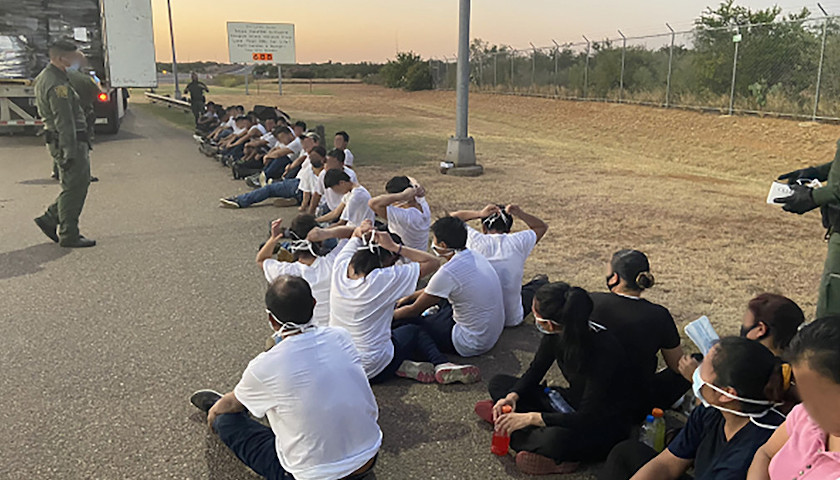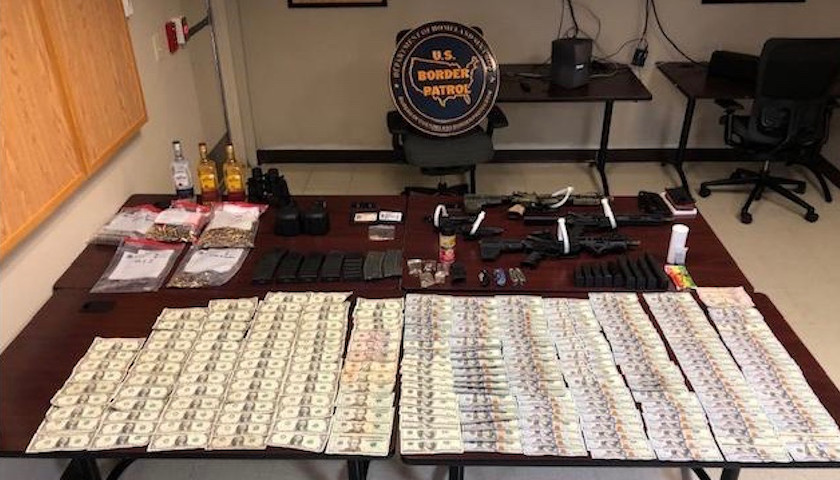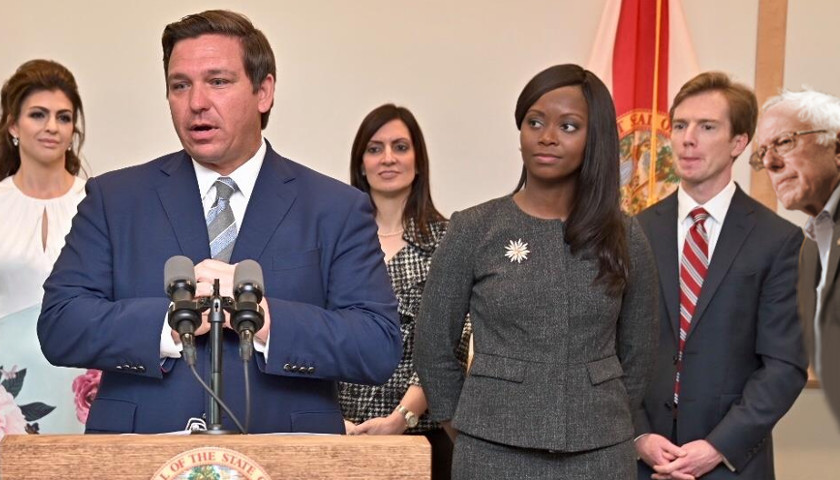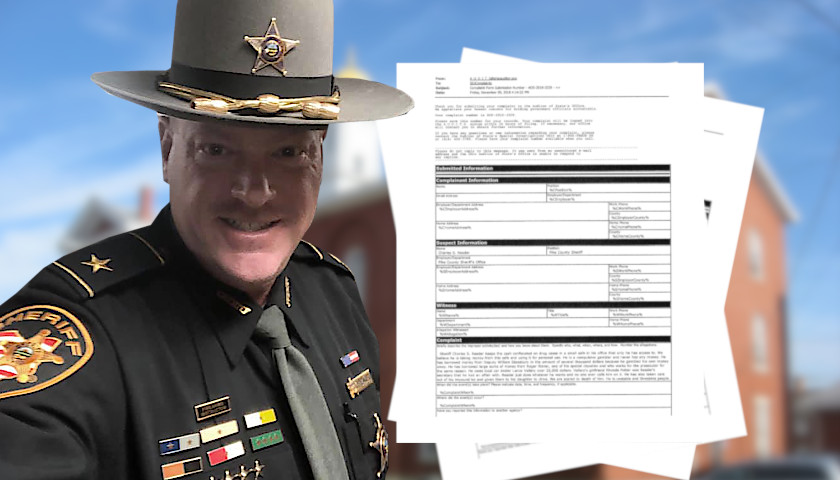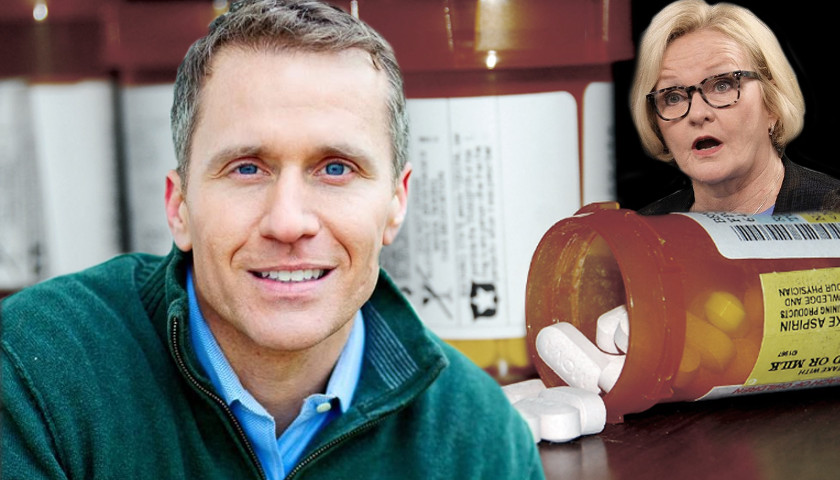A report released Tuesday by the nonprofit Child Trends revealed that for the sixth consecutive year, 2017 saw a significant rise in the number of children entering foster care due to parental drug abuse or drug seeking behavior. According to the report, 131 out of every 100,000 children in America ends up in foster care because one or both of their parents’ behavior in connection to drug use, representing a “5 percent increase from the previous fiscal year and a 53 percent increase since FY 2007.” The study ascertained the findings by combining statistics from several organizations and government agencies, most notably the National Data Archive on Child Abuse and Neglect (NDACAN), an initiative U.S. Department of Health and Human Services (HHS) and Cornell University. The HHS also provides their own statistics through the Children Bureau. Lastly, the Annie E. Casey Foundation, a privately funded nonprofit, also provides data on children and families throughout the country. In addition, the study also found that “six states and territories – Puerto Rico, Wyoming, New York, South Dakota, Wisconsin, and Ohio – saw the largest rate increases.” Of all fifty states, Puerto Rico, and the District of Columbia, 17 states and territories saw rate decreases, 3…
Read the full story


